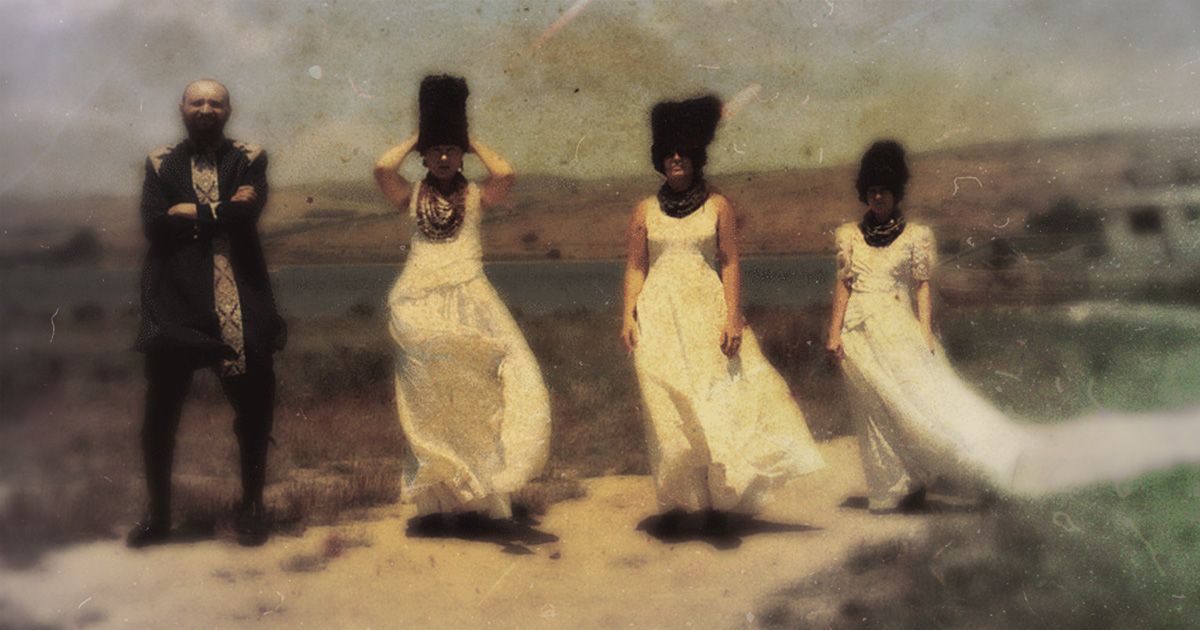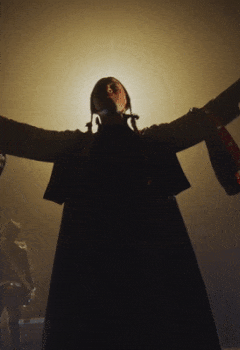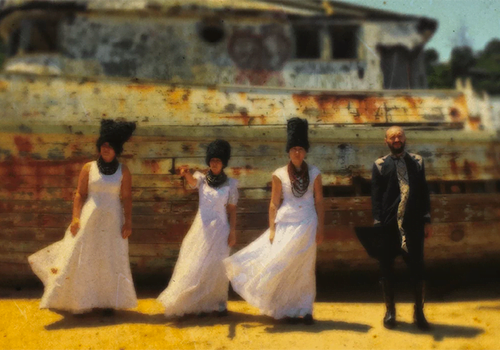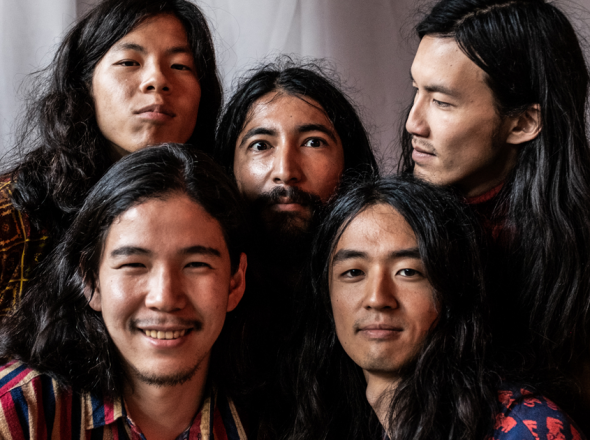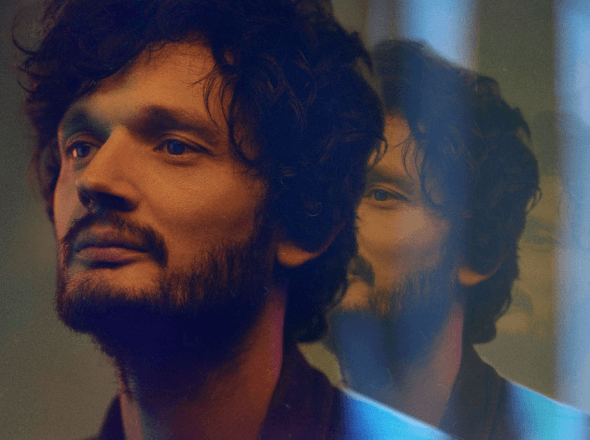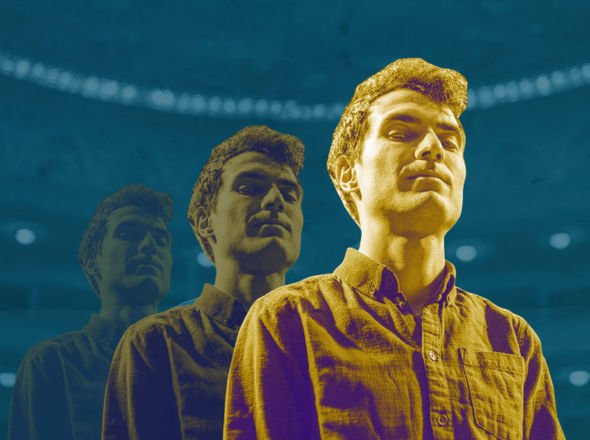They play everywhere from Los Angeles to The Hague, from Rio to Abu Dhabi. They fascinate everyone, from curious students in Beverly Hills to hardcore festies at Glastonbury. In the intervals between tours, they hardly find time for their families but are always ready to meet and talk about their music.
Their latest album The Road is a conceptual record about a metaphorical chumak (Ukrainian wagoner) and his road trip through his entire homeland. The way is unhurried, meditative and full of interesting intermissions — sometimes weddings, sometimes tragedies. This is chumak blues. This is psychedelic folk. This is DakhaBrakha. The band members revealed album’s roots exclusively for Comma.
Their latest album The Road is a conceptual record about a metaphorical chumak (Ukrainian wagoner) and his road trip through his entire homeland. The way is unhurried, meditative and full of interesting intermissions — sometimes weddings, sometimes tragedies. This is chumak blues. This is psychedelic folk. This is DakhaBrakha. The band members revealed album’s roots exclusively for Comma.
